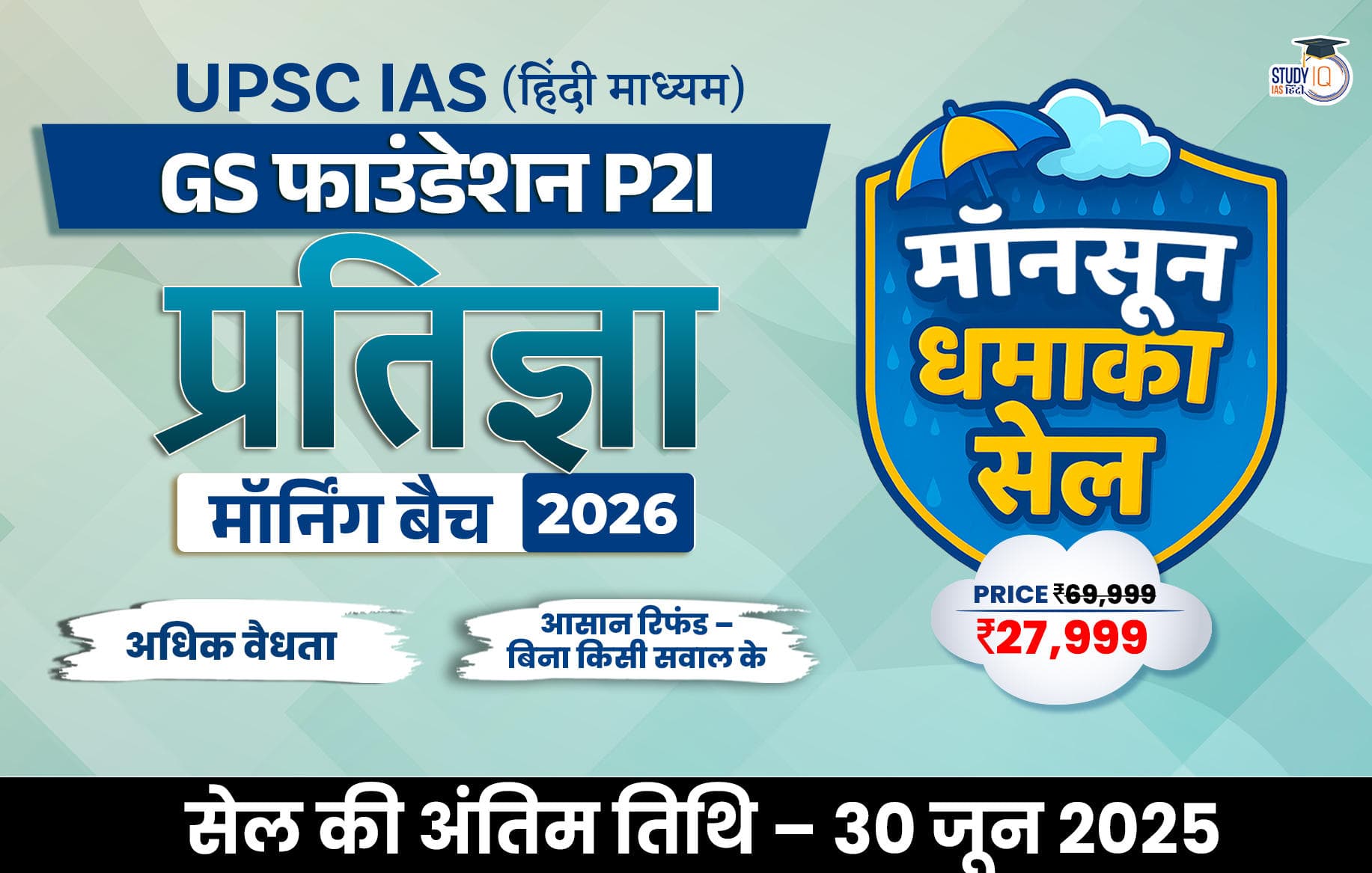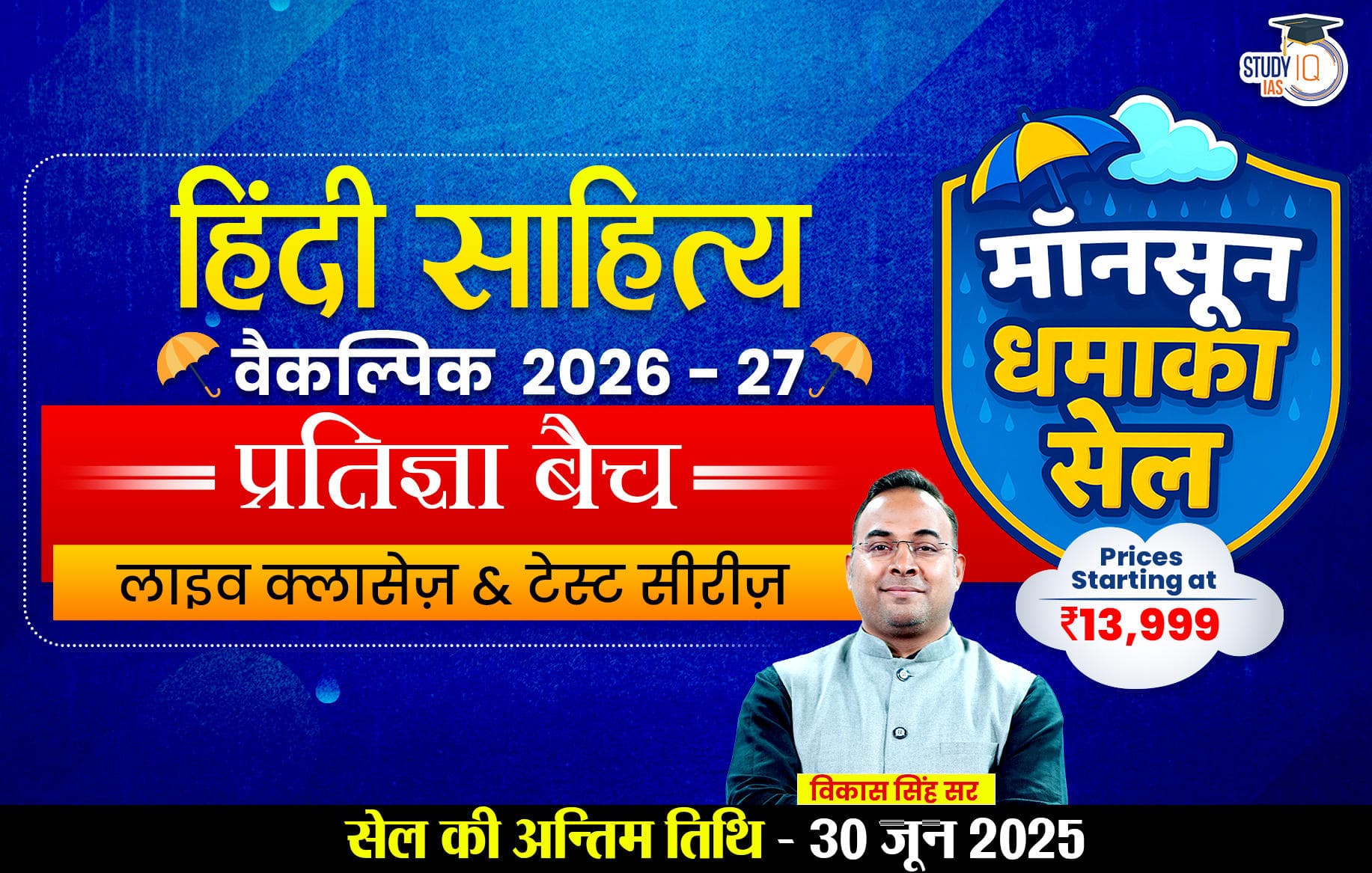Table of Contents
Zero Hour starts right after Question Hour in Parliament, precisely at 12 noon, which is why it’s called “zero hour.” During this time, MPs can raise issues of public interest without prior notice. The length and format of Zero Hour have changed over the years, and since it isn’t mentioned in the constitution or parliamentary rules, the topics discussed can vary widely. Despite its unofficial status, Zero Hour is an important part of parliamentary proceedings.
The Zero Hour in a Parliament is an important part of Indian Polity which an important subject in UPSC Syllabus 2024. Students can also go for UPSC Mock Test to get more accuracy in their preparations.
What is Zero Hour in Parliament ?
Zero Hour is a term used in some parliamentary systems, including in the Indian Parliament, to refer to a period of time in the proceedings of the House when Members of Parliament can raise matters of urgent public importance. During the Zero Hour, MPs can bring up issues that may have yet to be listed on the day’s agenda but require immediate attention. This allows MPs to draw the attention of the House and the government to pressing matters such as natural disasters, accidents, or other crises that require urgent action.
- Zero Hour in a Parliament is the period of time during which Members of Parliament (MPs) discuss matters that are urgent and significant for the general public.
- When bringing up issues during this time, members of Parliament should give notice to the Lok Sabha Speaker and the chairman of the Rajya Sabha by 10:00 a.m.
- The member may raise a matter of public interest, but the Speaker of the Lok Sabha and the Chairman of the Rajya Sabha may approve or disapprove of this.
- Zero Hour is an informal method that members can use to address urgent public matters without having to wait 10 days in advance because it is not mentioned in the parliamentary rules.
- Zero hours, as used in parliamentary jargon, are crucial decision-making moments in Parliament.
- It occurs between the question and the start of the usual business additionally, this hour starts at 12 noon.
- As a result, it is known as “Zero Hour” in Parliament.
- Neither the Constitution nor the Parliamentary Rule book mentions this idea.
- Each member of the Parliament has three minutes to present problems during the Lok Sabha’s Zero Hour, which lasts for 30 minutes.
- Since 1962, it has been an invention of India.
Read More:Pro-tem Speaker
Zero Hour Origin
Zero Hour began in the early 1960s when members of the House started raising urgent issues immediately after Question Hour. Often, they would do this with or without the Chairman’s permission. Once the Chairman announced the end of Question Hour, members would quickly stand up to bring important matters to the House’s attention, which they felt needed immediate discussion. This practice gained media attention, leading more members to use this quick method to highlight pressing issues.
Also Read: Question Hour in Parliament
Zero Hour Maximum Duration
The Lok Sabha’s Zero Hour, which begins at precisely noon, immediately following the question period, has a 30-minute time limit. Members of Parliament utilize it to bring up urgent issues of general concern. Each member has three minutes to address an issue during this period, which is based on the length of Zero Hour in the Lok Sabha.
Also Read: No-Confidence Motion
Zero Hour Impact:
Zero Hour allows MPs to bring urgent issues to the government’s attention that aren’t on the day’s agenda. It’s a vital tool for holding the government accountable. Over time, Zero Hour has been used to address various important topics, including:
- Public health
- Safety
- Corruption
- National security
Notable issues raised include the Bhopal Gas Tragedy, the 1993 Bombay Bomb Blasts, and recent farmers’ protests. During Zero Hour, the government can also respond to these issues, providing information and clarifying its position, which promotes transparency and accountability to the people of India.
Zero Hour Importance
When MPs grill the Minister about the government’s plans and policies during Zero Hour in Parliament, they are effectively holding the current administration accountable to the people. The majority of responses are written, which puts pressure on the government to operate transparently and effectively.
Also Read: Public Accounts Committee
Difference Between Question Hour and Zero Hour
| Parameter | Zero Hour | Question Hour |
| Timing | After the Question Hour | First hour of the sitting |
| Purpose | To raise important issues | To ask questions to Ministers |
| Speaker’s Role | Not involved | Conducts the proceedings |
| Notice Required | No notice required | Notice required for asking questions |
| Type of Questions | Not applicable | Starred, Unstarred, Short Notice |
| Answer | No formal answer given | Oral or written answer given |
| Time Limit | Not fixed, but it usually takes 30 minutes | Fixed time limit for each question |
| MP’s Role | Raises important issues | Asks questions to Ministers |
| Media Coverage | Often covered by media | Covered by media |
Zero Hour UPSC
- The crucial subject of Zero Hour in Parliament is included in the UPSC Polity Syllabus.
- In order to prepare for the Prelims and Mains exams, candidates should be aware of how long Zero Hour lasts in the Indian Parliament.
- Since the 1960s, the Zero Hour has served as a crucial parliamentary tool for holding the administration responsible for pressing societal issues.
- Although zero hour frequently causes disruptions to the legislative session and sitting, it has repeatedly drawn attention to and held the government accountable on important problems.
Students can read all the details related to UPSC by visiting the official website of StudyIQ UPSC Online Coaching.

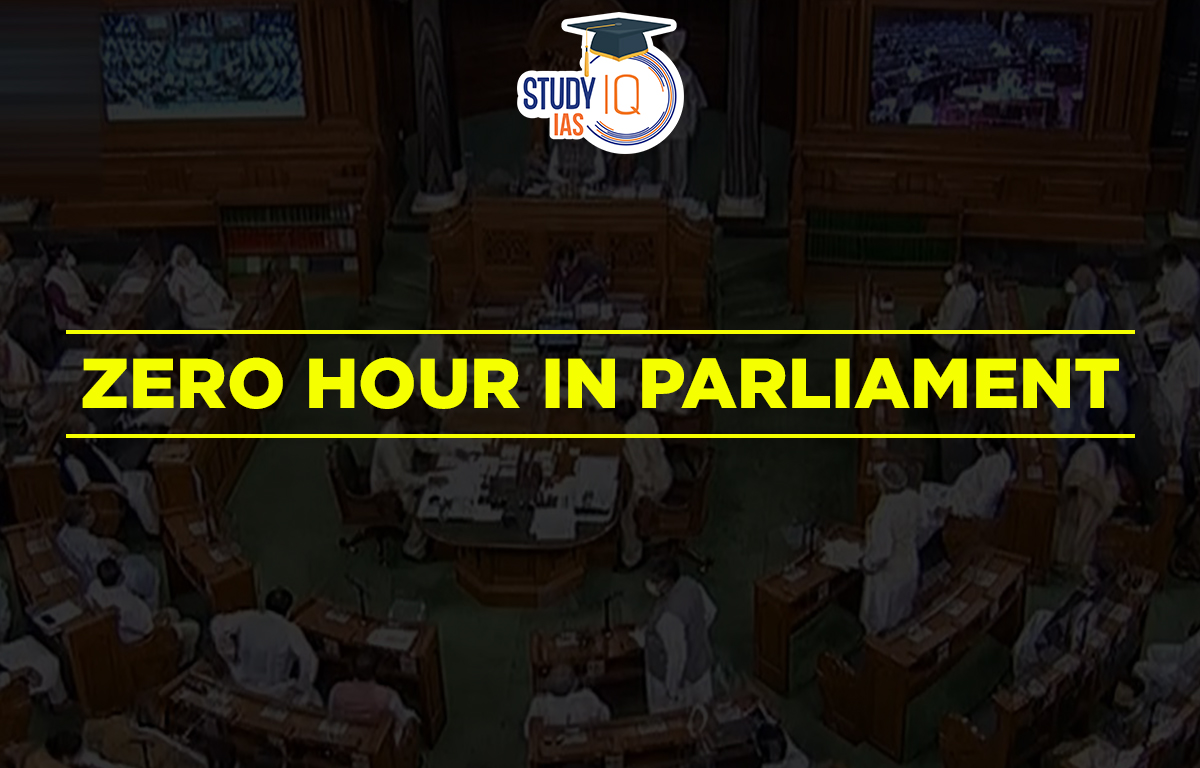
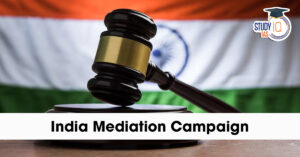 India Mediation Campaign, Objectives, Pr...
India Mediation Campaign, Objectives, Pr...
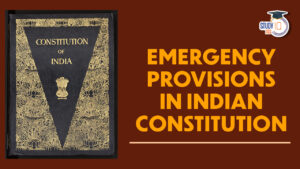 Emergency Provisions in Indian Constitut...
Emergency Provisions in Indian Constitut...
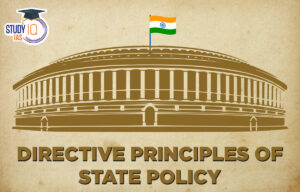 Directive Principles of State Policy (DP...
Directive Principles of State Policy (DP...


